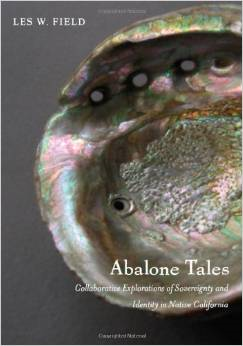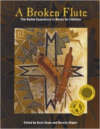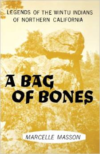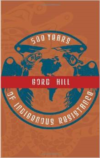Description
For Native peoples of California| the abalone found along the state’s coast have remarkably complex significance as food| spirit| narrative symbol| tradable commodity| and material with which to make adornment and sacred regalia. The large mollusks also represent contemporary struggles surrounding cultural identity and political sovereignty. “Abalone Tales|” a collaborative ethnography| presents different perspectives on the multifaceted material and symbolic relationships between abalone and the Ohlone| Pomo| Karuk| Hupa| and Wiyot peoples of California. The research agenda| analyses| and writing strategies were determined through collaborative relationships between the anthropologist Les W. Field and Native individuals and communities. Several of these individuals contributed written texts or oral stories for inclusion in the book.
Tales about abalone and their historical and contemporary meanings are related by Field and his coauthors| who include the chair and other members of the Muwekma Ohlone Tribe; a Point Arena Pomo elder; the chair of the Wiyot tribe and her sister; several Hupa Indians; and a Karuk scholar| artist| and performer. Reflecting the divergent perspectives of various Native groups and people| the stories and analyses belie any presumption of a single| unified indigenous understanding of abalone. At the same time| they shed light on abalone’s role in cultural revitalization| struggles over territory| tribal appeals for federal recognition| and connections among California’s Native groups. While California’s abalone are in danger of extinction| their symbolic power appears to surpass even the environmental crises affecting the state’s vulnerable coastline.






Reviews
There are no reviews yet.